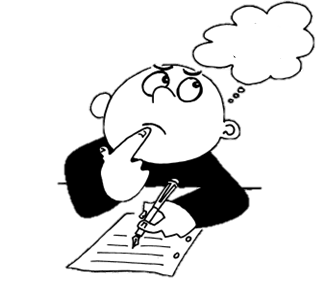
Recently, I have had a number of conversations with secondary school leaders about exam readiness. The last few years have a seen an important focus on curriculum and its implementation. But some dips in the 2023 results, as well as Ofsted’s announced emphasis on data, have led in many schools to a renewed, pragmatic focus on how to maximise outcomes.
This blog offers a simple framework to support a strategic review of how students are readied for exams. (Download here.) It contains nothing that isn’t familiar and it is undoubtedly incomplete; but some schools have found useful by some as a tool for reflecting holistically on practice, in search of those all-important marginal gains. (It is designed around GCSEs, but the principles apply to post-16 exams too.)
Continue reading “Exam readiness – a tool for reflecting on culture and practice”
